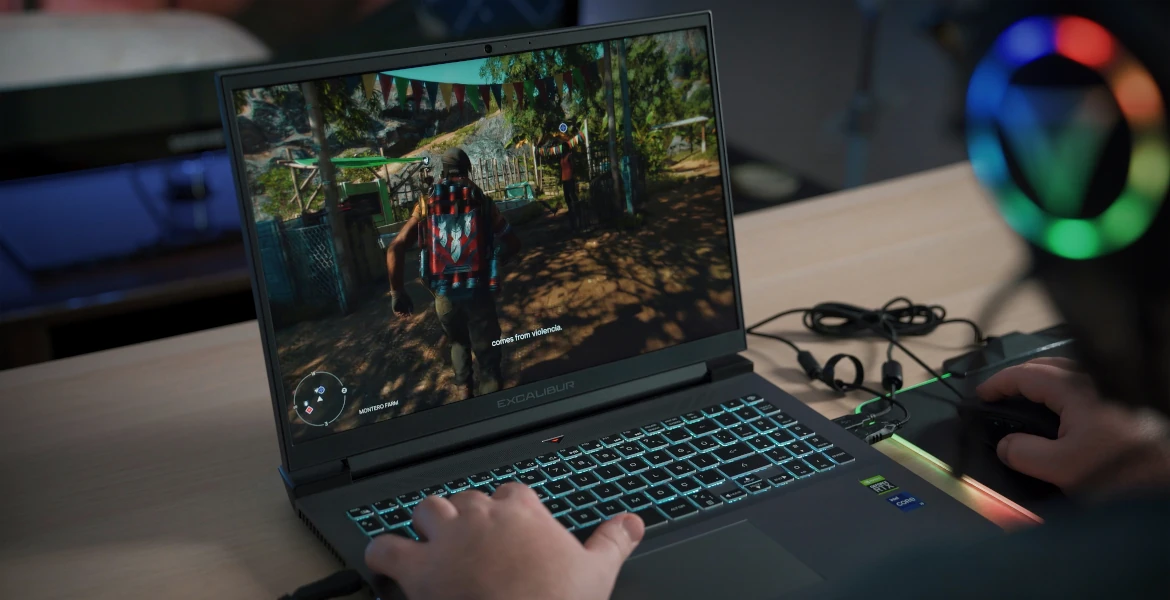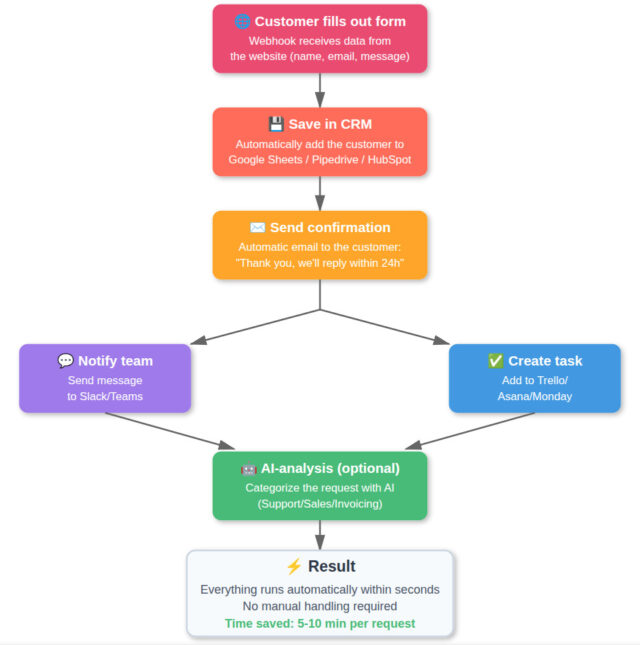In New York City, young people gather in a park to socialize without social media or smart phones. The group is part of a growing movement that has chosen to step away from screens and focus instead on life outside the digital world.
Social media and smartphones are now an integral part of everyday life and many people use them daily. At the same time, there are increasing reports of mental illness, loneliness and sleep problems linked to increased screen time. Social media addiction is also on the rise, with 2.3% of the Danish population now considered to be addicted, according to the Danish Public Health Agency. Young people's time on social media is often considered so harmful that a number of countries, including Norway, are planning to introduce age limits for social platforms.
In New York City, a group of students have started The Luddite Club, an association that rejects smartphones and social media. The club was founded at Edward R. Murrow High School but has now spread to other schools.
– During COVID, I kind of looked at my screen time and I was like, "Wow, I'm spending more than half of my time awake on my phone. Something needs to change". And I got a flip phone, Jameson Butler, a student at Brooklyn Technical High School, told CBS News.
Luddites
Teacher Amanda Hanna-McLeer was working at Murrow when she noticed that many students had problems with cell phone addiction. One day, film student Ava De La Cruz showed McLeer a video of The Luddite Club's weekly meetings. The club's name is inspired by the so-called "Luddites", a group of textile workers who protested against industrialization in the early 19th century. The movement is said to have taken its name from the mythical figure of Ned Ludd, who, according to legend, destroyed a mechanical loom in protest. Luddites have become a symbol of resistance to technological change and are often used as a derogatory term.
– Luddites are often seen as anti-progress, backwards, she says. A Luddite, she explains, is instead "someone who is against the abuse, not the use of technology".
The group meets every Sunday in Prospect Park in Brooklyn, where they get together to paint, dance, or just hang out. It's still relatively small, but growing all the time.
– When there's no phones around at a Sunday meeting, they are drawing painting, singing, dancing, writing. They're doing everything that kids should be doing, says McLeer.
Becoming a documentary film
McLeer was so inspired by the group that she quit her job and began working on a documentary, along with film student De La Cruz. The documentary, The Luddite Club, is expected to be released next year. They have also launched a scavenger hunt of Brooklyn landmarks to encourage young people to put down their phones and spend time together.
Screen time is often high, especially among young people, and studies from Lund University and elsewhere show that reducing it can significantly improve well-being. Student Butler says she now spends more time in real life and the days feel longer.
– The average American screen time is almost eight hours. So my days are eight hours longer, says Butler.






